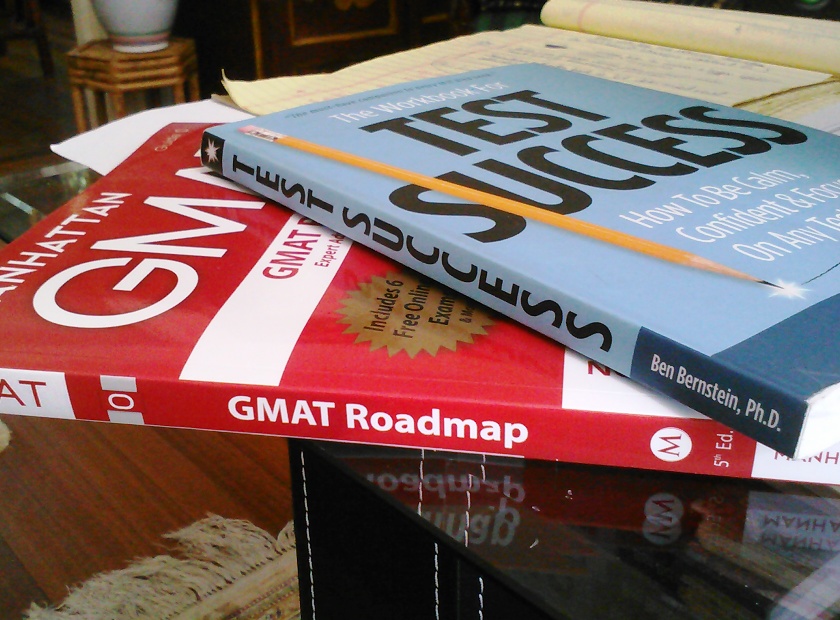Do You Need an MBA to Understand Business School Rankings?
A lot of clients ask: How much do business school rankings matter? Are they accurate? How should I use them to help me figure out what schools to apply to? If you’ve had any of these questions, you are in very good company. Figuring out how to interpret the rankings can be confusing.
Enter Tuck’s Assistant Dean Penny Paquette, herself a Tuck graduate. Her recent blog post provides a much-needed but often-absent context for understanding rankings. She explains that the major difference between rankings is the data they use (statistical data or survey opinions), and she outlines which rankings use which kind of data. Some rankings, like those of US News and the Economist, use a combination of “hard” data and opinion. Paquette also highlights additional factors in understanding rankings. For hard data, it’s important to consider how rigorously the ranking publication verifies and analyzes the data. For opinions, be mindful of whose opinion was asked, and when and how surveys are administered.
The bottom line: rankings provide certain information about schools, but they tell only a small part of the story. Take them into consideration, but don’t give them too much weight. Rankings can never fully reflect the rich complexity of business schools’ offerings, and they are no substitute for what matters most: finding schools that best fit you. And this advice comes from a school that has been ranked #2, #6, #7, #14, #18, depending on who you talk to.
Here’s a slightly condensed version of Paquette’s original post (to read the full text, go to her blog):
“There are five major rankings…BusinessWeek, The Economist, US News & World Report, Forbes, and the Financial Times…The most important distinction among … [the rankings] … is their sources of information: statistical data or survey-based ‘opinions.’ Forbes and the Financial Times use hard data collected from the schools themselves and MBA alumni. BusinessWeek bases its rankings almost exclusively on survey-based opinions of students and corporate recruiters. US News and the Economist use a balance of hard data and opinion.
The usefulness to individual applicants of rankings based on hard data depends heavily on which data the ranking chooses to include (e.g., the FT includes lots of data designed to measure how “global” a program is while US News puts an emphasis on student quality and selectivity) and how rigorously the ranking publication checks the data and analyzes it (e.g., US News sends us back an analysis of this year’s data versus last year’s highlighting big differences and the FT visits schools periodically to do an audit).
The value of opinion-based rankings varies based on the selection of the group asked to give opinions (HR directors of companies that recruit MBAs in general versus managers who actually recruit at the various school), the way survey questions are crafted (asking the respondent to answer questions relative to expectations or relative to other programs that they have no knowledge of), and when the opinions are gathered (students as they are just graduating versus alumni 3-5 years out).”
So remember your first statistics lesson before you even go off to your MBA program — almost anything can be done with numbers, so be honest with yourself!
–Alice Woodman-Russell





